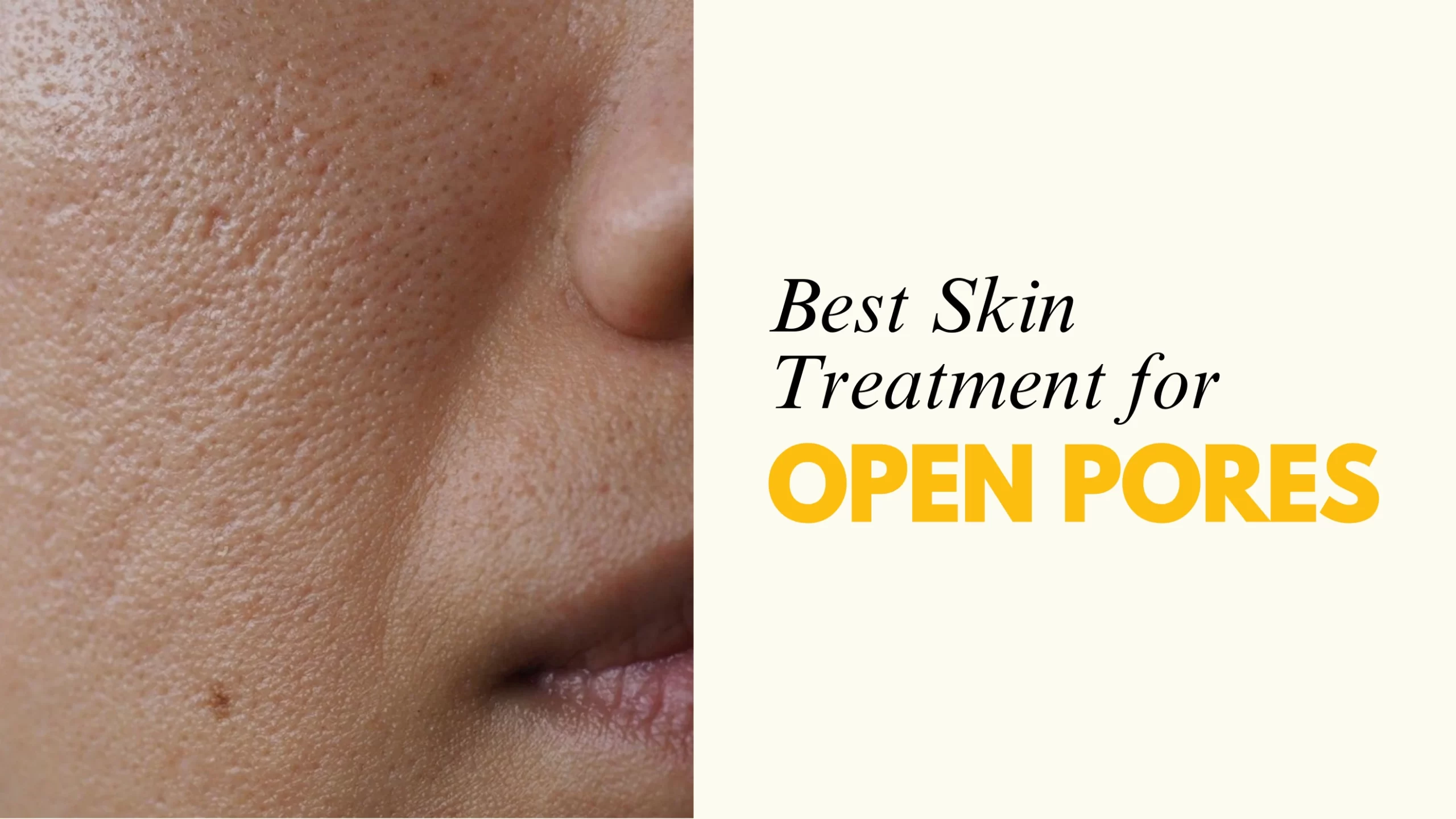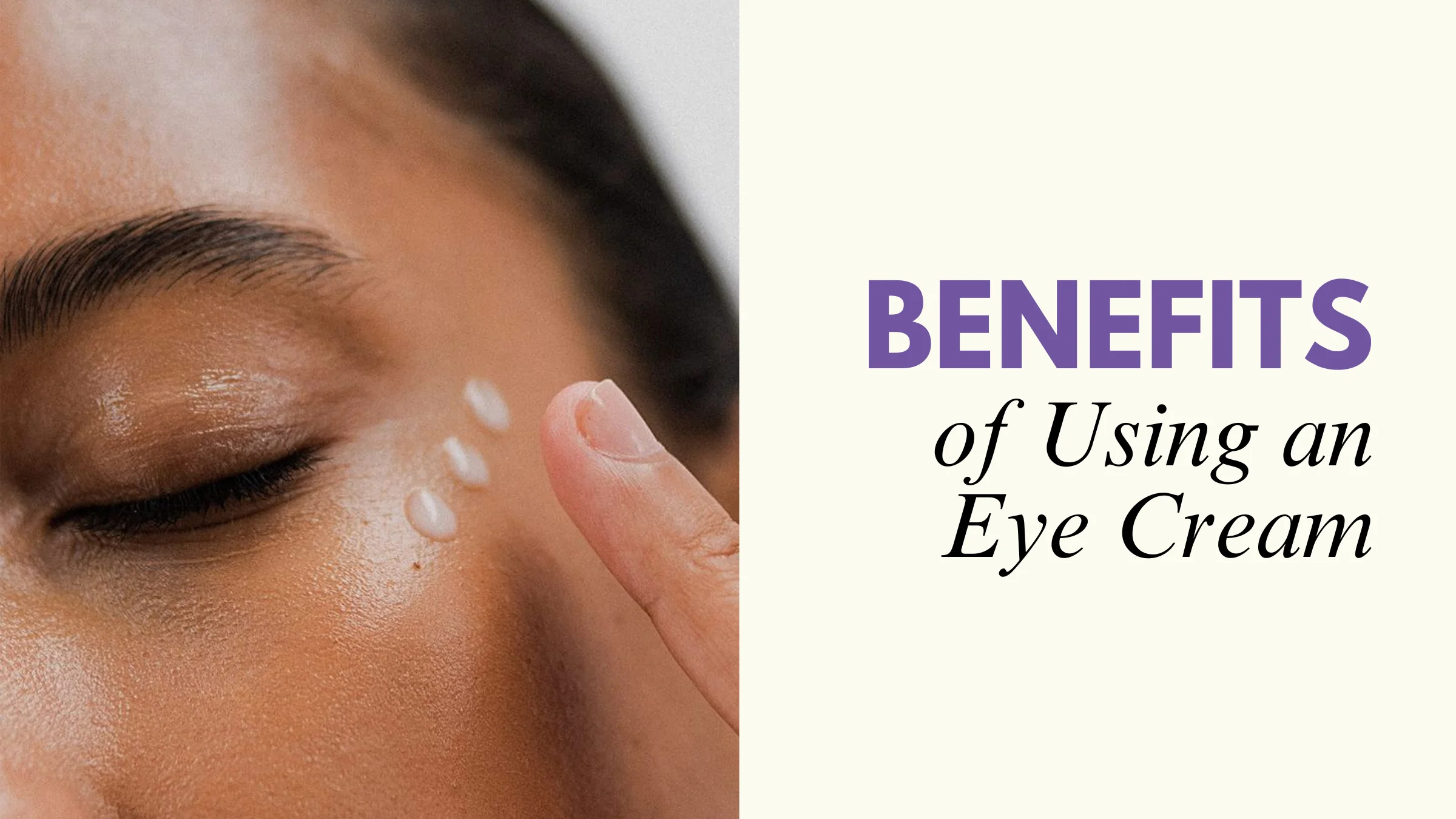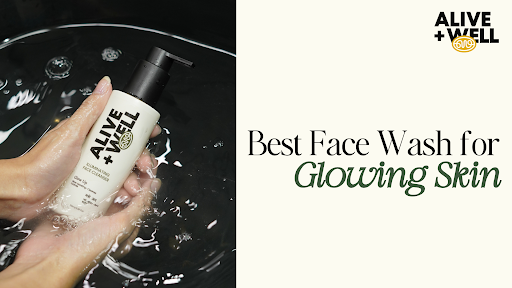Best Skin Treatment for Open Pores
Open pores are one of the most common skincare concerns, and they can affect people of all skin types. While they are a natural part of your skin, large or noticeable pores can sometimes make your skin appear uneven, textured, or oily. If you’re tired of dealing with enlarged pores and want to minimize their appearance, understanding the causes and the most effective treatments is key.
In this blog, we’ll explore the best treatments for open pores and how you can incorporate them into your skincare routine to achieve smoother, healthier skin.
What Causes Open Pores?
To effectively treat open pores, it’s important to understand what causes them. Open pores are often the result of:
- Excess Oil Production: Oily skin is more prone to enlarged pores because excess sebum (skin oil) can clog pores, causing them to stretch and appear larger.
- Age and Collagen Loss: As we age, the skin loses collagen and elasticity, which causes the skin to sag and pores to appear larger.
- Genetics: If you have a family history of large pores, you might be more likely to experience this issue.
- Sun Damage: UV rays from the sun break down collagen and elastin in the skin, leading to sagging and enlarged pores.
- Clogged Pores: Dead skin cells, dirt, and makeup can clog pores and cause them to expand.
While it’s impossible to shrink pores permanently, there are several effective ways to minimize their appearance and improve the texture of your skin.
The Best Skin Treatments for Open Pores
Fortunately, there are numerous treatments and skincare ingredients that can help reduce the appearance of open pores. These range from topical treatments to professional procedures. Here are some of the most effective treatments for open pores:
1. Exfoliation
Exfoliating your skin is one of the most effective ways to prevent and minimize open pores. Exfoliation helps remove dead skin cells, excess oil, and impurities that can clog pores and make them appear larger. There are two types of exfoliants:
- Physical Exfoliants: These include scrubs or brushes that manually slough off dead skin. While effective, they can sometimes be too harsh, especially for sensitive skin.
- Chemical Exfoliants: Chemical exfoliants contain active ingredients like salicylic acid (BHA) or glycolic acid (AHA) that penetrate the skin and dissolve dead skin cells. Salicylic acid is particularly beneficial for open pores because it can penetrate deep into the pores, breaking down oil and debris that may clog them.
Best Tip: Use chemical exfoliants 2–3 times per week to help with pore congestion. Be careful not to over-exfoliate, as it can irritate the skin and make pores look even larger.
2. Clay Masks
Clay masks are a popular treatment for open pores due to their ability to absorb excess oil and draw out impurities. They help detoxify the skin and keep the pores from getting clogged.
Why They Work: Ingredients like bentonite clay and kaolin clay work by absorbing excess sebum and tightening the skin. These masks can help prevent pores from becoming enlarged due to oil buildup and prevent breakouts.
Best Tip: Use a clay mask once a week to help control oil and minimize the appearance of pores. Make sure to follow with a moisturizer to prevent the skin from becoming too dry.
3. Retinoids
Retinoids, including retinol and prescription-strength tretinoin, are among the most effective anti-aging and acne-fighting ingredients available. Retinoids increase cell turnover, which helps to shed dead skin cells that can clog pores. They also boost collagen production, which improves skin elasticity and helps prevent pores from sagging and becoming more noticeable with age.
Why They Work: Retinoids help speed up the natural exfoliation process, reduce pore blockages, and make skin look smoother over time.
Best Tip: Start with a low concentration of retinol (0.25% or 0.5%) and gradually increase it as your skin gets used to it. Always apply retinoid products at night and wear sunscreen during the day, as they can make your skin more sensitive to UV rays.
4. Hyaluronic Acid
While hyaluronic acid doesn’t directly shrink pores, it plays an important role in keeping the skin hydrated and plump. Well-hydrated skin has more elasticity, which can make pores appear smaller and less noticeable.
Why It Works: When your skin is hydrated, it helps maintain a smooth, even texture, making pores look less prominent. Hyaluronic acid attracts moisture to the skin and helps lock it in.
Best Tip: Apply a hyaluronic acid serum after cleansing and before moisturizing to keep the skin hydrated and plump. Look for a lightweight, non-comedogenic formula to avoid clogging pores.
5. Vitamin C
Vitamin C is an antioxidant that brightens the skin, evens out skin tone, and helps stimulate collagen production. Collagen is essential for maintaining skin elasticity, and more collagen means less sagging, which can help minimize the appearance of enlarged pores.
Why It Works: Vitamin C reduces hyperpigmentation, improves skin texture, and protects against UV damage, all of which help prevent pores from becoming more noticeable.
Best Tip: Incorporate a Vitamin C serum into your morning skincare routine for brightening and pore-refining benefits. Ensure the formula is stable (look for ascorbic acid or ascorbyl glucoside), and use it consistently for best results.
6. Microneedling
For more severe cases of open pores, professional treatments like microneedling can be highly effective. Microneedling involves tiny needles that create micro-injuries in the skin, which stimulates collagen production and improves skin texture. This treatment can help reduce the appearance of enlarged pores and improve overall skin tone.
Why It Works: The process encourages the skin to heal itself, producing more collagen and elastin, which can tighten the skin and reduce pore size over time.
Best Tip: Microneedling should be performed by a licensed professional to avoid complications. You may need multiple sessions to see the full results.
7. Laser Treatments
Laser treatments, such as Fractional CO2 laser or Erbium laser, can stimulate collagen production and tighten the skin, making pores appear smaller. These treatments target deeper layers of the skin and are great for people with sun-damaged or aging skin that has lost its elasticity.
Why It Works: Laser treatments improve skin texture and firmness by stimulating collagen production, which tightens the skin and reduces pore size.
Best Tip: Consult with a dermatologist to determine if laser treatments are right for you. This is a more intensive solution and often requires some downtime for recovery.
How to Prevent Open Pores from Getting Bigger
In addition to using the right treatments, it’s important to maintain a consistent skincare routine and adopt habits that prevent your pores from becoming larger:
- Always wear sunscreen: UV damage can make pores appear larger and accelerate skin aging. Protect your skin daily with SPF 30 or higher.
- Don’t pick at your skin: Picking at acne or clogged pores can lead to scarring and make pores appear larger over time.
- Keep your skin clean: Use a gentle cleanser that suits your skin type and helps remove excess oil and impurities.
- Stay hydrated: Drinking plenty of water helps maintain skin elasticity and keeps pores from becoming clogged with excess sebum.
Final Thoughts
While you can’t completely eliminate open pores, there are many effective treatments to minimize their appearance. Whether you choose chemical exfoliants, retinoids, or professional treatments like microneedling, the key is consistency. By combining targeted skincare with healthy habits, you can achieve smoother, more youthful-looking skin and keep your pores looking their best.
FAQ
1 Which treatment is best for open pores?
For treating open pores, a combination of professional treatments like laser therapy, chemical peels, and microneedling with a consistent skincare routine including retinoids and salicylic acid is often recommended for best results.
2 How can I close my open pores?
To minimize open pores, cleanse your skin regularly, use a gentle exfoliator, apply a toner with ingredients like witch hazel, use clay masks, and moisturize to maintain skin hydration.
3 What treatment is best for reducing pores?
While you cannot shrink or tighten pores, you can help visibly reduce their appearance. Exfoliating and cleansing skin can help remove excess oil and dirt which may clog pores. Using a clay mask can also help visibly minimise pores’ appearance.
4 Which serum is best for open pores?
A serum with salicylic acid is the best face serum for open pores as it gently exfoliates dead skin cells, reduces excess oil, and removes blackheads and whiteheads. It helps to unclog pores and prevent them from enlarging.
5 Why are my pores open so much?
Due to aging, stress, hormonal disorders, diet, or lifestyle, pores may open up. That is why it is very important to have a healthy lifestyle, drink plenty of water, exercise for 30 minutes a day, and eat foods rich in vitamin
6 Does vitamin C shrink pores?
Vitamin C can improve skin texture and appearance of pores by increasing elastin and collagen levels. This increase of the dermal matrix supports the entrance of pores, making them smaller. On the other hand, excessive use of ascorbic acid can lead to skin irritation & swelling, potentially making pores seem larger.



